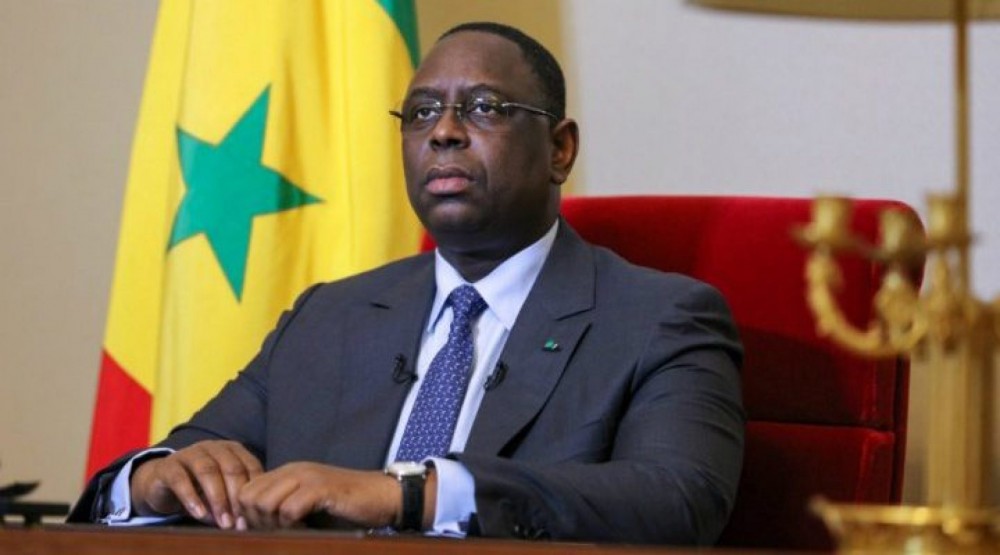Senegal: decentralization “Act III”, an engine for competitive territories
The “Act III of decentralization” was born with focus of organizing Senegal in viable competitive territories that becomes engines for sustainable development by 2022.

Since the introduction of decentralization process in Senegal, it has had two major reforms, the first in 1972 that led to the creation of rural communities and the next in 1996 which enshrined regionalization through the construction of regions as local authorities.
The decentralization policy since 1972 to 2012 enabled the country to make substantial administrative and institutional progress, but there are still many constraints in its implementation. The institutional framework is weak and mechanism for funding regional development is inefficient.
The weakness and lapses on the irreversible policies implemented results in the need for alternatives.
It is against this backdrop that the Head of State decided to renovate and modernize the nation by means of decentralization which is coherent in its principles and efficient in its implementation. That is how the “Act III of decentralization” was born with focus of organizing Senegal in viable competitive territories that becomes engines for sustainable development by 2022.
The new comprehensive municipalisation will offer new opportunities for local authorities, especially those from the rural world, it will prompt the abolition of regions and the creation of development poles which will work to seek territorial balance based on the development challenges and aims of each locality.
“Act III of decentralization” will give more resources to the local authorities with appropriate local taxation and innovating funding mechanisms. It will no doubt push the different local entities to make good use of the resources put at their disposals, better than in the past forms.
On a more global note, and by the words of the president of the Senegalese Departments, and president of the Kaffrine Departmental Council, Adama DIOUF, this important reform contributes to strengthening the decentralized authorities’ powers in that it creates a synergy among territorial stake holders with the main aim of enabling grass roots economic and social development
With all these, it is but evident that the “Act II of decentralization” in Senegal will create employment and wealth, which will enable the country to fight against poverty and participate in the promotion of an emerging Senegal by 2022.
Source: www.villesetcommunes.info


